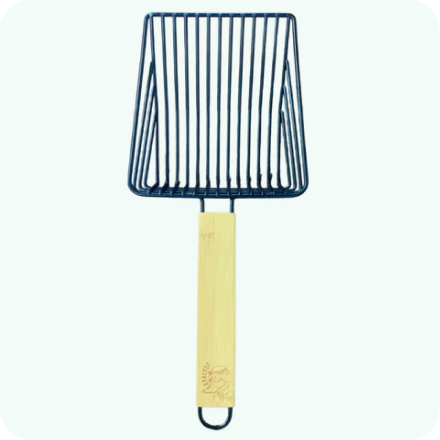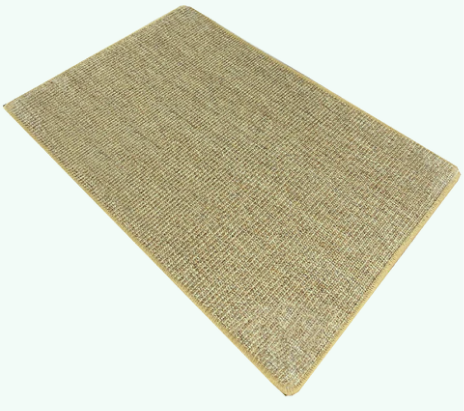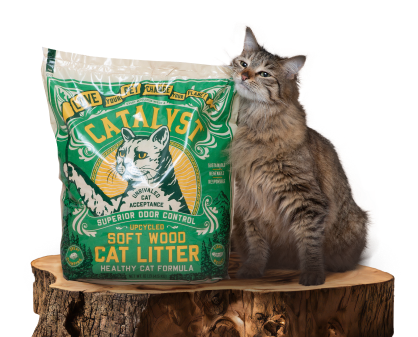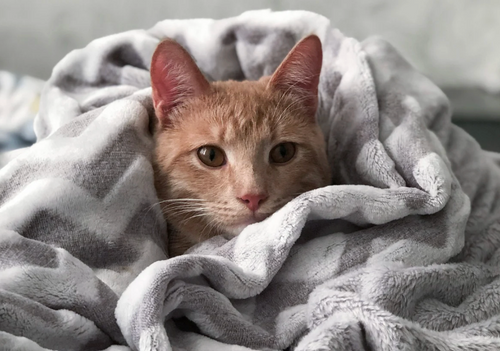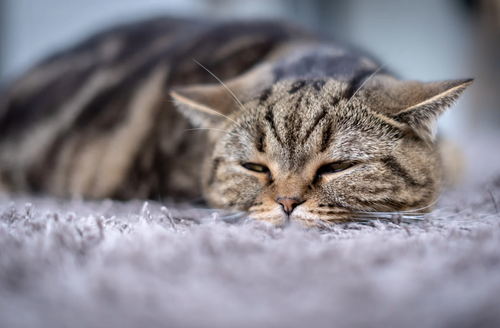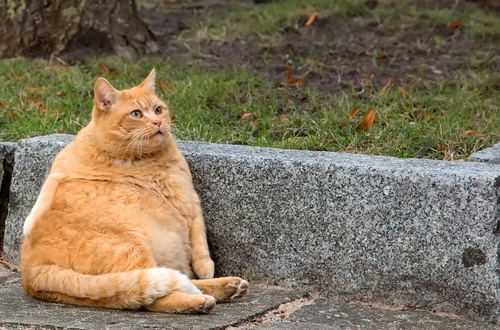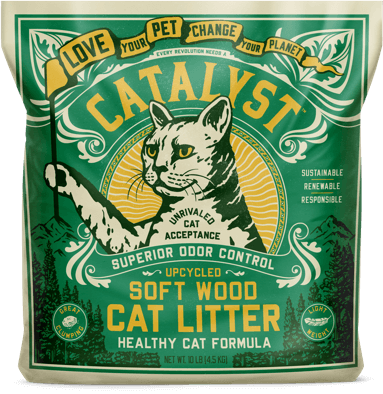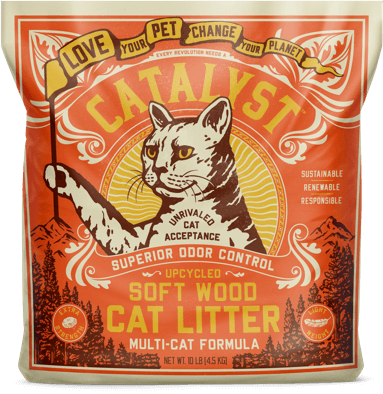We all love variety in our diets. After all, wouldn’t it be boring to eat the same thing over and over, day after day?
However, our furry friends don’t have the same sophisticated palates that we do. Actually, a consistent diet of recommended food is best for small animals to ensure they’re getting the right nutrition.
So, what should be on your pet’s daily menu besides a sufficient supply of fresh water?
Well, [appetite] spoiler alert, except for ferrets, all the small pets listed below engage in coprophagia. This is a fancy way of saying they eat their feces and digest it a second time, extracting more nutrients than the first go round.
Kinda gross? Yes. Necessary? Also, yes.
Besides their own feces, most small animals eat hay and can tolerate small amounts of fresh fruits and vegetables. Specific types of small animals kept as pets also need formulated food to ensure they’re getting all the nutrients they would if they were foraging in the wild.
Pets like guinea pigs, rabbits and chinchillas require a diet that’s about 75% hay. Hay contains fiber, which helps these fluff balls maintain a healthy weight. It’s also great for your small pet’s teeth, which need consistent use to stay at a healthy length.
There are a variety of hay types, and your small pet may require a certain one, so do your homework (e.g. timothy hay is best for hamsters) or ask your vet or an expert at your local pet store.
Fresh vegetables and fruits are also included in the diets of most small pets, though in varying amounts. There are specifics listed for each animal below, along with some foods to avoid in certain cases.
The Skinny on Each Small Pet’s Diet
Hamsters
- Offer compound pellet rations and a mixture of seeds formulated for their needs.
- Timothy hay can aid in digestion for hamsters and help keep their teeth healthy.
- Small amounts of greens, clean root vegetables or fruits such as apples can be given.
- Avoid grapes, onion and rhubarb. All are poisonous or highly toxic for rodents.
- Avoid citrus, the high acidity in citrus can upset the stomachs of most small animals.
Gerbils
- Wild gerbils eat a mix of grasses, bulbs, herbs and leaves. As pets, they can eat a pelletized food that is formulated to meet their specific nutrition needs.
- Offer fruits such as pears, melons, oranges or apples.
- For veggies, offer cucumber, carrot, pumpkin or fennel. Pumpkin seeds are also a great treat.
- Scatter the food across your gerbil’s cage, as it encourages natural foraging.
- Avoid grapes, rhubarb, onion and citrus.
Guinea Pigs
- Feed your piggy lots of timothy hay. The daily amount consumed should be roughly the size of your pet’s body.
- Give grass-based, guinea-pig pellets that contain vitamin C, as per the manufacturer's instructions.
- Offer other high vitamin C, non-citrus foods such as kale or broccoli.
- Avoid grapes, rhubarb, onion and citrus.
Rabbits
- Bunnies need a constant supply of hay or fresh grass (a daily amount about the size of their body).
- Offer a variety of fresh veggies. Leafy greens should be given.
- Small quantities of high-fiber pellets, about 5% of your bunny’s diet, can also be offered.
- Avoid grapes, rhubarb, onion and citrus.
Mice and Rats
- Give your mice or rats commercial mouse food nuggets, which are engineered to give them a balanced diet of required nutrients.
- Offer small portions of fruits and veggies.
- Mice and rats have foraging instincts, so placing portions of their daily food around the cage will encourage these innate behaviors.
- Contrary to popular cartoons, mice don’t care for cheese, and rats shouldn’t eat much dairy, as it can cause health issues.
- Avoid grapes, rhubarb, onion and citrus.
Ferrets
- These carnivores get nutrients from meat-based protein and have roughly 8-10 small meals daily due to their quick metabolism.
- Food specially formulated for ferrets is available commercially and should be free from seeds, nuts or dry fruit.
- Give treats sparingly. These can include pureed meat baby food with no added ingredients. Don’t offer baby food with rice or grains, vegetables or chunks. In general, do not give your ferret sugary or sweet foods.
- Ferrets can be incredibly picky about their food, so experts recommend mixing a variety of food brands together to offer a blend, fending off issues if your ferret’s preferred brand changes its formulation. Offering a variety of food when ferrets are young can also reduce issues as they age.
- Ferrets do not engage in coprophagia normally. If yours is eating its feces, there may be a dietary issue. Call your vet!
- Avoid grapes, rhubarb, onion and citrus.
The above suggestions are great rules of thumb (or paw) for small pet owners. However, you know your pet best. Do your research, ask your vet and watch your small pet to see what they like and what they don’t.
Happy feeding!



